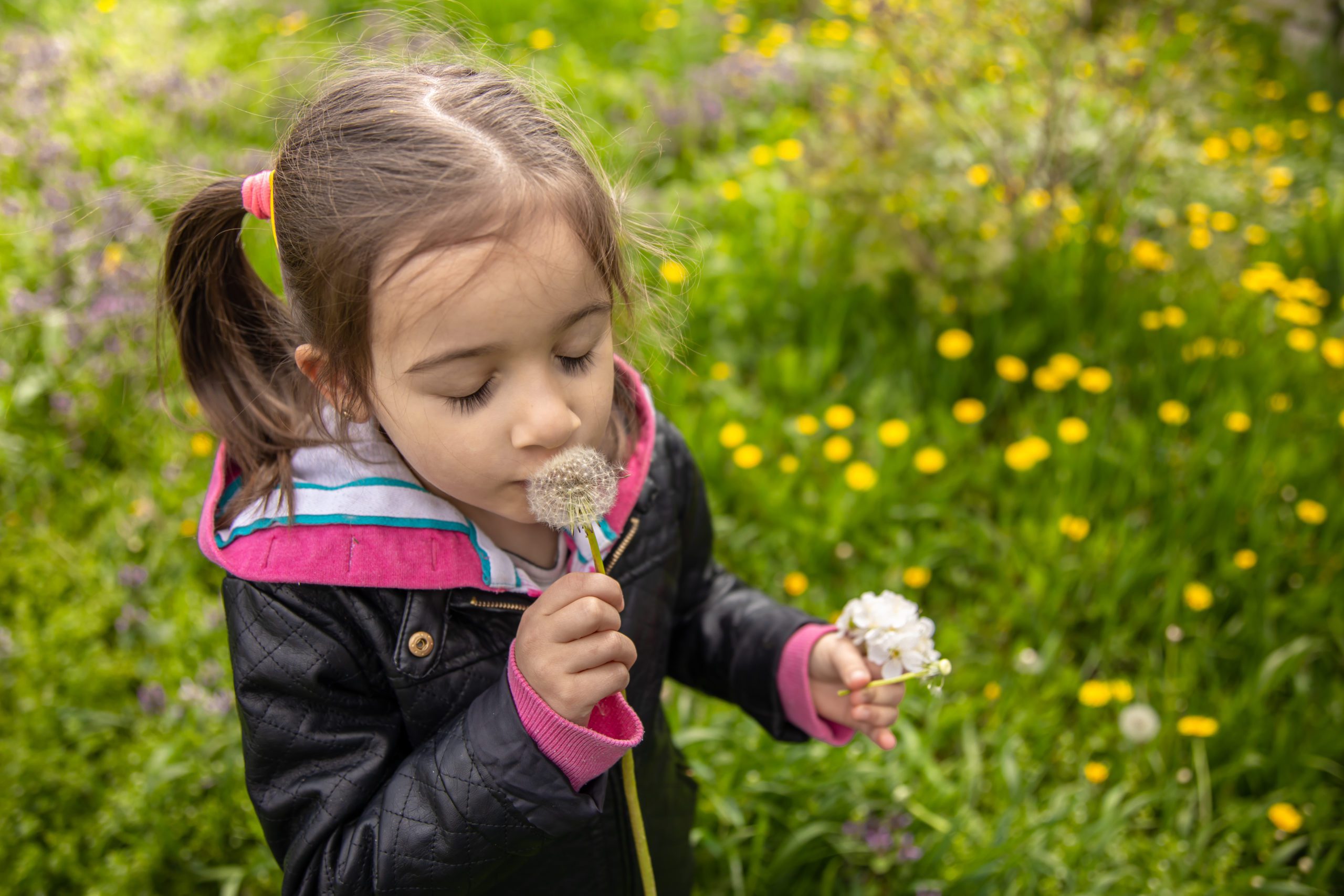Like skin rashes and other allergies, allergic rhinitis develops when the body’s immune system becomes sensitized and overreacts to something in the environment that typically causes no problem in most people.
Allergic rhinitis is commonly known as hay fever. But you don’t have to be exposed to hay to have symptoms. And contrary to what the name suggests, you don’t have to have a fever to have hay fever.

Symptoms of seasonal allergic rhinitis can occur in spring, summer, and early fall. They are usually caused by allergic sensitivity to airborne mold spores or pollens from grass, trees, and weeds.
People with perennial allergic rhinitis experience symptoms year-round. It is generally caused by dust mites, pet hair or dander, cockroaches, or mold. Some people may experience both types of rhinitis, with perennial symptoms getting worse during specific pollen seasons. There are also non-allergic causes for rhinitis.